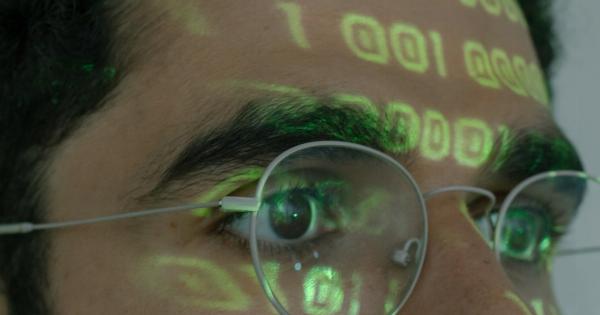With the prevalence of digital screens in our everyday lives, it has become essential to prioritize the health of our eyes.
Constant exposure to digital screens, such as those on smartphones, tablets, and computers, can lead to eye strain, dryness, blurred vision, and other uncomfortable symptoms. In this comprehensive guide, we will explore various effective strategies to rest your eyes from digital screens.
Understanding the Effects of Digital Screens on Eyes
Before diving into the restful techniques, it’s important to understand why digital screens can be harmful to our eyes.
The bright glowing light emitted by these screens is known as blue light, and prolonged exposure to it can result in eye fatigue and strain. Additionally, staring at screens for extended periods can cause reduced blink rates, leading to dry eyes and irritation.
1. Take Regular Breaks
One of the simplest yet most effective ways to rest your eyes is by taking regular breaks from screen time.
The 20-20-20 rule is recommended by optometrists worldwide – every 20 minutes, look away from your screen and focus on an object at least 20 feet away for a duration of 20 seconds. This exercise helps relax the eye muscles and reduce strain.
2. Adjust Display Settings
Optimizing the settings on your digital devices can significantly reduce eye strain. Start by adjusting the brightness of your screen to a level that is comfortable for your eyes.
Consider using a warmer color temperature to minimize the amount of blue light. You can also increase the text size and contrast to make reading easier and reduce squinting.
3. Use Proper Lighting
The lighting in your environment plays a crucial role in minimizing eye strain. Avoid placing your screen in front of a window or any strong light source, as the contrast between the screen and the background can strain your eyes.
Instead, opt for a soft ambient light that evenly illuminates your workspace and reduces eye fatigue.
4. Blink Often and Stay Hydrated
Blinking is an involuntary action that keeps our eyes moist and prevents dryness. However, when we focus intently on a screen, our blink rate decreases. Make a conscious effort to blink more often while using digital devices.
Additionally, ensure you stay hydrated throughout the day as dehydration can cause dry eyes.
5. Practice the Palming Technique
The palming technique is a simple and effective exercise to alleviate eye strain. Rub your hands together vigorously to generate warmth, then gently place your palms over your closed eyes.
Ensure no light enters and hold this position for a couple of minutes. The warmth and darkness created by palming help relax the eye muscles and reduce strain.
6. Use Eye Drops
If you experience persistent dryness or irritation, consider using lubricating eye drops. These over-the-counter drops can provide relief by moistening your eyes.
However, it is essential to consult an eye care professional before using any eye drops, especially if you wear contact lenses or have pre-existing eye conditions.
7. Consider Blue Light Filters
Blue light filters are a popular option for reducing eye strain caused by digital screens. Installing software applications or using physical filters that block or minimize the amount of blue light emitted by your devices can help protect your eyes.
These filters can be adjusted according to your personal preference and the time of day.
8. Opt for Computer Glasses
Computer glasses are specially designed to optimize visual comfort during extended screen time. These glasses can help reduce the strain on your eyes by enhancing contrast, reducing glare, and minimizing the impact of blue light.
Consult with an optometrist to determine if computer glasses are suitable for your needs.
9. Practice Eye Exercises
Just like the rest of our body, our eyes can benefit from regular exercise. Various eye exercises help strengthen the eye muscles and relieve strain. Some examples include focusing on near and far objects, eye rolls, and eye massages.
Incorporating these exercises into your daily routine can contribute to overall eye health.
10. Maintain a Healthy Lifestyle
A healthy lifestyle directly impacts the health of your eyes. Ensure you eat a balanced diet rich in nutrients, especially those that promote eye health, such as vitamins A, C, and E, omega-3 fatty acids, and antioxidants.
Additionally, get regular exercise, stay hydrated, and get enough sleep to support your eye health.






























